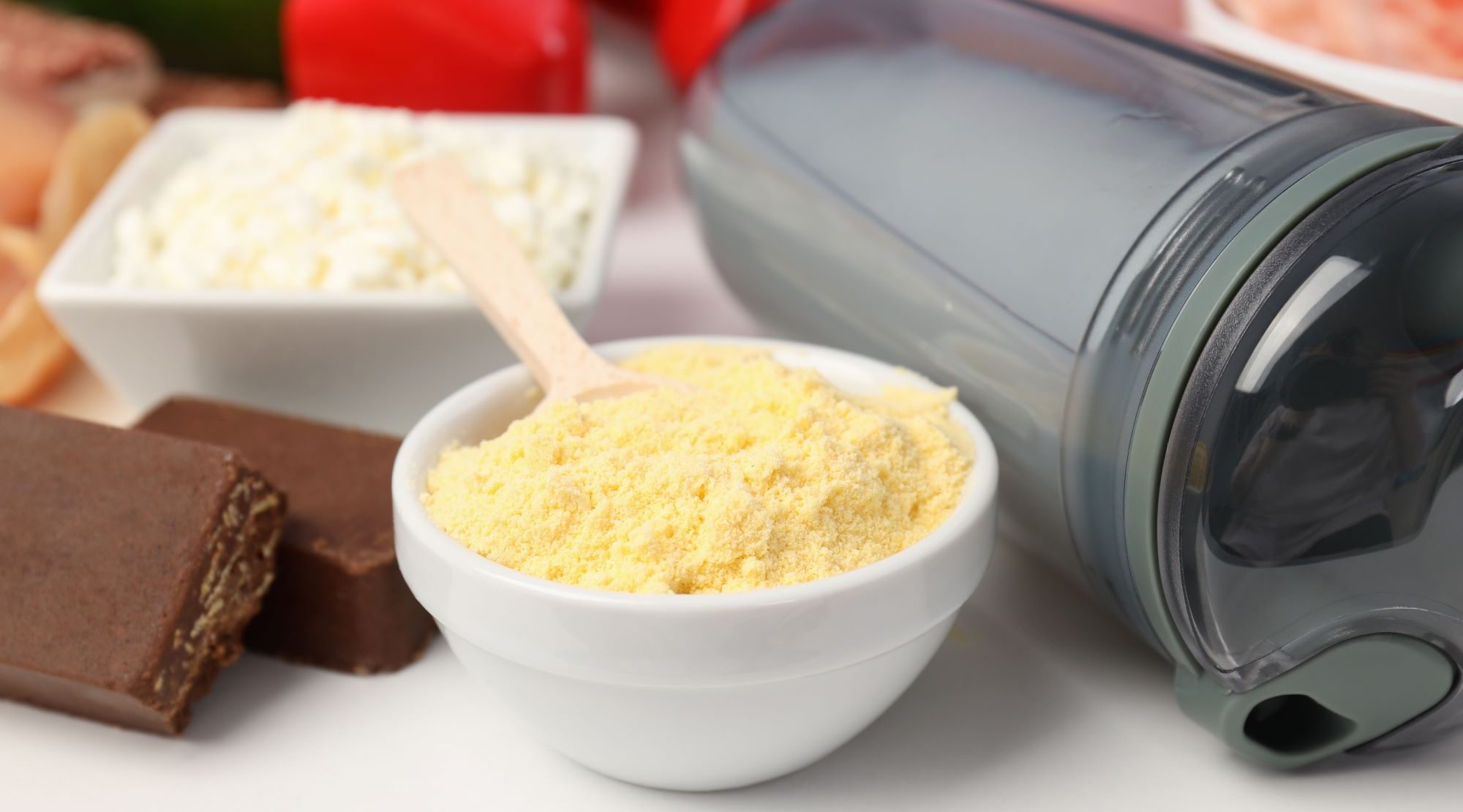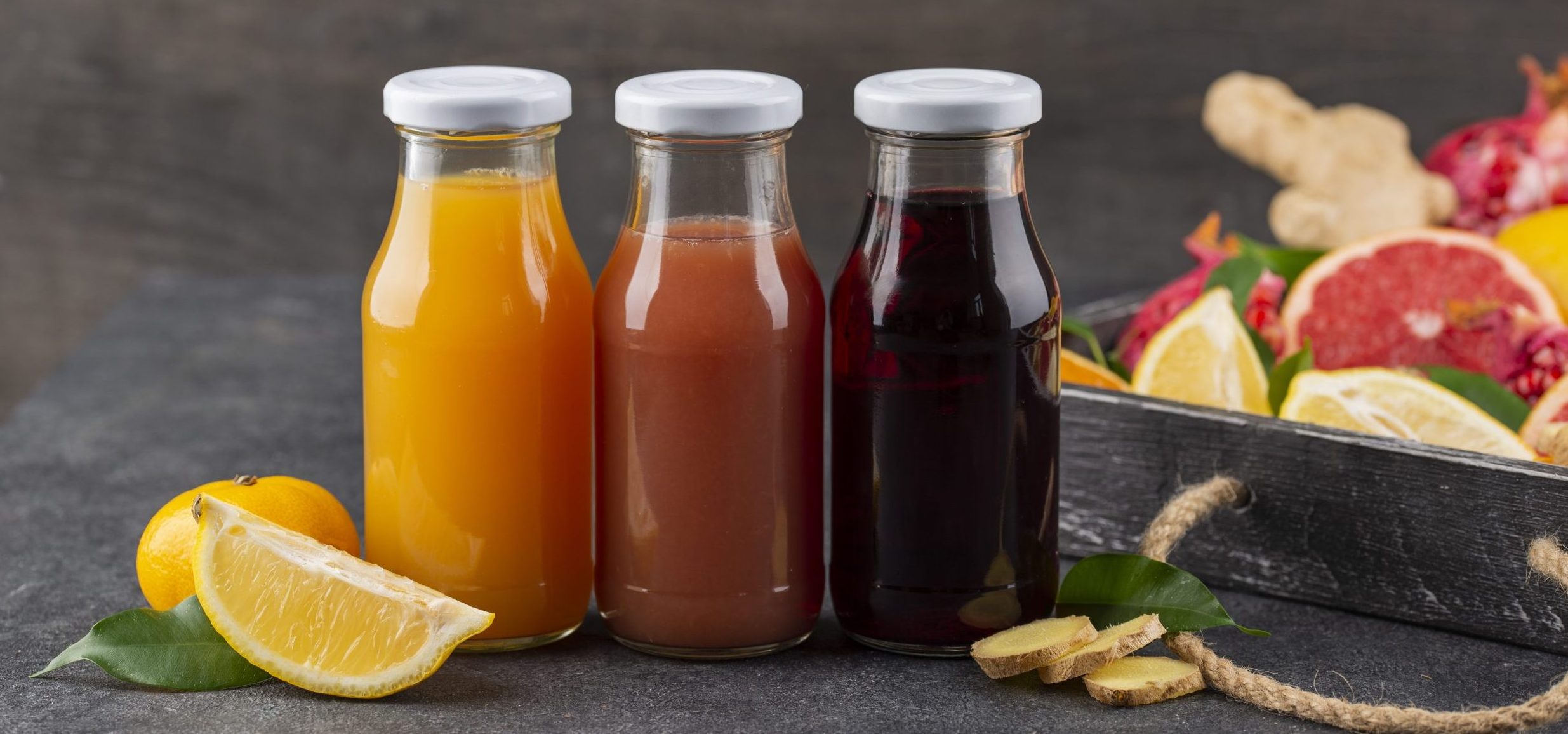Both fresh and frozen fruit are great additions to our diet as they are loaded with a high amount of nutrients and exhibit high antioxidant potentials. However, some consumers may benefit more from fresh produce instead of frozen and vice versa7.
When to choose Fresh?
Fresh fruits and vegetables can be grown and purchased locally during a season make them great as a quick snack at home. Fresh fruits and vegetables have a higher moisture content than frozen5 which make them taste better and healthier of its consumption4.
In order to make it last longer during transport and storage, fruits and vegetables are typically picked before they are ripe, which gives them less time to develop a full spectrum of vitamins and minerals6. Hence, a study suggested for a consumer to store the fresh fruit and vegetables prior to consumption to get the nutritional benefits at its best6. In addition, during the long haul of storage and transportation, fresh fruits and vegetables are exposed to lots of heat and light, which degrade some nutrients such as vitamin C and B1 as well as spoilage and losses during transportation or storage2.
When to choose frozen?
Freezing is a safe way to increase the shelf life of nutritious foods. However, many people incorrectly believe that frozen vegetables are less nutritious than fresh vegetables1,6. Fruits and vegetables chosen for freezing tend to be processed at their peak ripeness, a time when they usually are most nutrient-packed and then frozen to preserve them3.
Additionally, frozen fruit and vegetables have a longer shelf life and could reduce the problems of spoilage or degradation and providing consumers with increased access to nutritious fruits and vegetables6. Frozen fruits and vegetables may be more economical than buying fresh fruit that goes bad quicker, but their taste and texture may be less preferred due to freezing process4.
Bottom Line
If we are going to use the fruits and vegetables promptly, fresh is a good choice. However, to reduce the risk of spoilage and waste, frozen is a safe bet. However, a good diet of a person should include a variety of fruits and vegetables, whether they are fresh or frozen.
References
1Bouzari, A., Holstege, D., & Barrett, D. M. (2015). Vitamin Retention in Eight Fruits and Vegetables: A Comparison of Refrigerated and Frozen Storage. Journal of Agricultural and Food Chemistry, 63(3), 957–962. https://doi.org/10.1021/jf5058793
2Buzby, J. C., Farah-Wells, H., & Hyman, J. (2014). The Estimated Amount, Value, and Calories of Postharvest Food Losses at the Retail and Consumer Levels in the United States. SSRN Electronic Journal. USDA-ERS Economic Information Bulletin Number 121, Available at SSRN: https://ssrn.com/abstract=2501659 or https://doi.org/10.2139/ssrn.2501659
3Drayer, L. (2019). Why frozen fruit and veggies may be better for you than fresh. CNN Health.
4FAO. (2021). Fruit And Vegetables – Your Dietary Essentials. The International Year of Fruits and Vegetables 2021. Rome. https://doi.org/10.4060/cb2395en
5Faqeerzada, M. A., Rahman, A., Joshi, R., Park, E., & Cho, B. K. (2018). Postharvest technologies for fruits and vegetables in South Asian countries: a review. Korean Journal of Agricultural Science, 45(3), 325-353. https://doi.org/10.7744/kjoas.20180050
6Li, L., Pegg, R. B., Eitenmiller, R. R., Chun, J.-Y., & Kerrihard, A. L. (2017). Selected nutrient analyses of fresh, fresh-stored, and frozen fruits and vegetables. Journal of Food Composition and Analysis, 59, 8–17. https://doi.org/10.1016/j.jfca.2017.02.002
7Liu, R. H. (2013). Health-Promoting Components of Fruits and Vegetables in the Diet, Advances in Nutrition, 4(3), 384S–392S. https://doi.org/10.3945/an.112.003517







